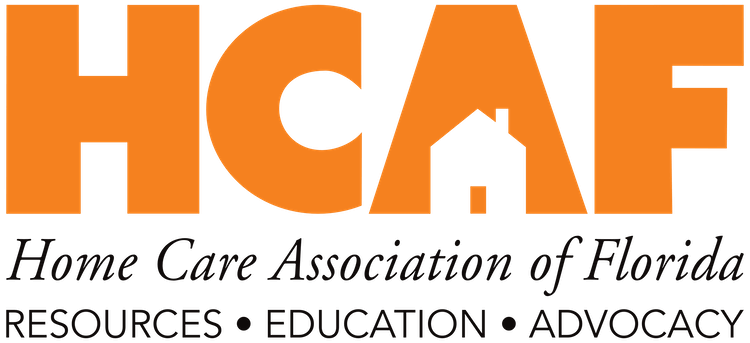Key Policy Developments to Watch in 2025: What Home Care Providers Need to Know

Key Policy Developments to Watch in 2025: What Home Care Providers Need to Know
As 2024 came to a close, several significant policy developments emerged in Washington, shaping the home care landscape for 2025 and beyond. These updates cover expanded veterans’ care, telehealth and hospital-at-home flexibilities, and proposed cybersecurity enhancements under HIPAA. Here’s a summary of what’s happening:
President Biden Signs Dole Act, Expanding At-Home Care for Veterans
On January 2, 2025, President Joe Biden signed the Senator Elizabeth Dole 21st Century Veterans Healthcare and Benefits Improvement Act, a landmark law expanding access to at-home care for veterans.
Key provisions include:
- Enhanced PACE Access: Veterans nationwide will benefit from expanded access to the Program of All-Inclusive Care for the Elderly (PACE).
- Increased VA Funding for Home Care: The law allows the Department of Veterans Affairs (VA) to match funding for home- and community-based services (HCBS) to 100% of nursing home care costs, promoting independence and equitable funding.
- Special Provisions for High-Needs Veterans: Veterans with conditions like ALS or spinal cord injuries may receive even greater funding under the VA Secretary’s authorization.
Advocacy organizations, including the National Alliance for Care at Home and the National PACE Association, hailed the law for improving veterans’ quality of life, reducing institutional care costs, and delaying or preventing nursing home admissions.
Biden Extends Telehealth and Hospital-at-Home Flexibilities
Last month, President Biden signed a spending bill temporarily extending telehealth and hospital-at-home waivers through March 31, 2025. Initially introduced during the COVID-19 pandemic, these waivers were set to expire at the end of 2024.
For home health providers, the American Relief Act of 2025 ensures that physician face-to-face encounters can continue to take place virtually, including in the patient’s home. Providers may use telehealth platforms, such as audio-video technology, to meet this requirement, reducing the need for in-person visits for patients facing transportation or mobility challenges.
While the extension offers immediate relief, advocates emphasized the need for permanent policy solutions to prevent care disruptions. HCAF is committed to pushing for long-term telehealth flexibilities, recognizing their critical role in modernizing care delivery, expanding access, and improving outcomes—especially for patients with mobility limitations or other barriers to in-person care.
Advocacy efforts will also focus on securing broader support for telehealth and the Acute Hospital Care at Home Program, ensuring these innovative care models remain viable in the future.
Proposed HIPAA Security Rule Updates Target Cybersecurity Enhancements
On December 27, 2024, the U.S. Department of Health and Human Services (HHS) announced proposed changes to the HIPAA Security Rule to address modern cybersecurity challenges and strengthen protections for electronic protected health information (ePHI).
Proposed updates include:
- Mandatory Multi-Factor Authentication and Encryption: HHS proposes mandatory encryption for all ePHI and multi-factor authentication for system access, reducing risks of unauthorized breaches.
- Updated Risk Analysis and Testing Requirements: Organizations must conduct comprehensive, ongoing risk analyses and test security measures proactively.
- Transition to Electronic Documentation: All security documentation must be maintained electronically, simplifying management and improving accessibility.
- Expanded Business Associate Responsibilities: New requirements for business associate agreements will address emerging cyber risks and strengthen accountability for data breaches.
- Integration of Emerging Technologies: HHS seeks feedback on the impact of AI, quantum computing, and augmented reality (AR/VR) on the Security Rule to future-proof HIPAA regulations.
Click here to read an HHS fact sheet on the proposed rule. Comments on these proposed changes are due by March 7, 2025.
Looking Ahead
As of January 3, 2025, Republicans have taken control of both chambers of the 119th Congress, with the Trump administration set to take office on January 20.
To stay informed about congressional actions affecting the home care provider community, access our real-time online Legislation Tracker here. To engage with your lawmakers on legislative proposals, click here to visit the Legislative Action Center.
Stay tuned for further updates and insights as these developments unfold.
